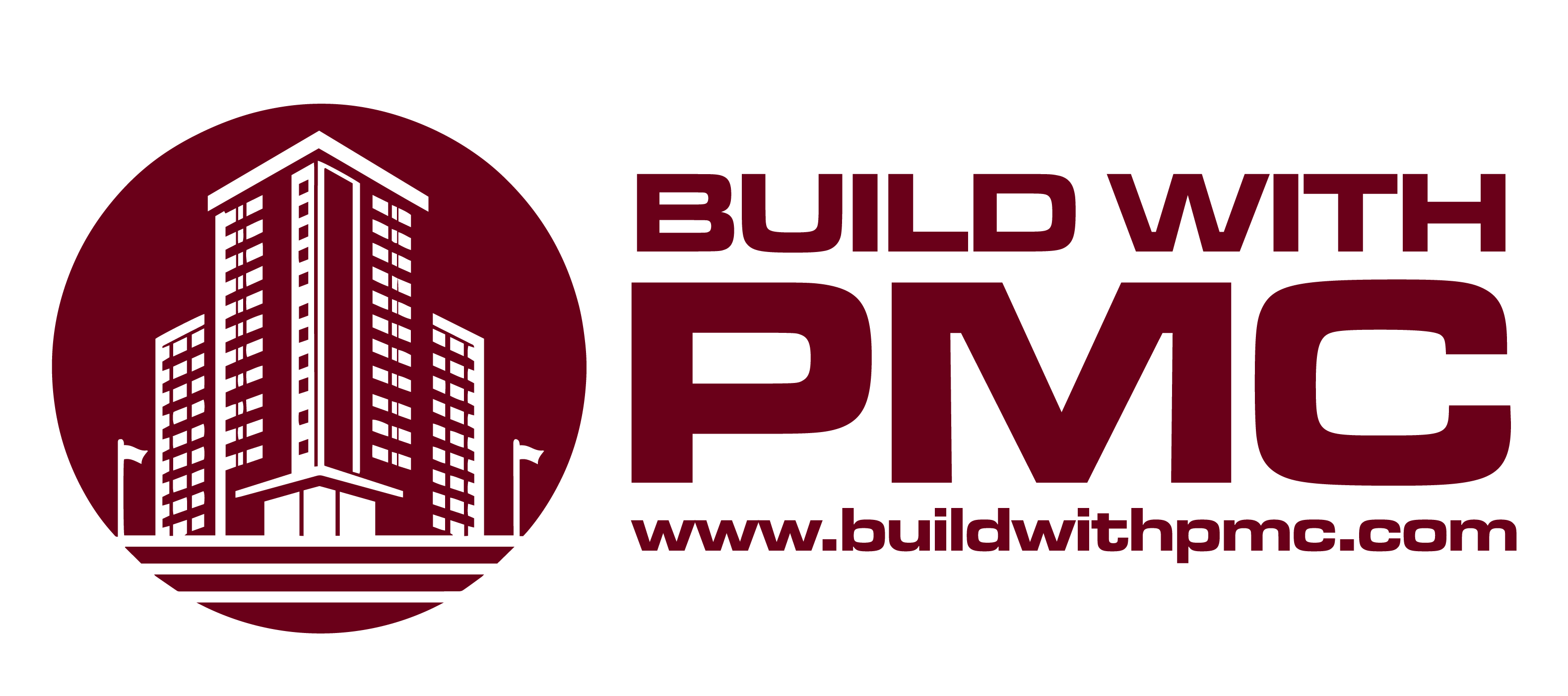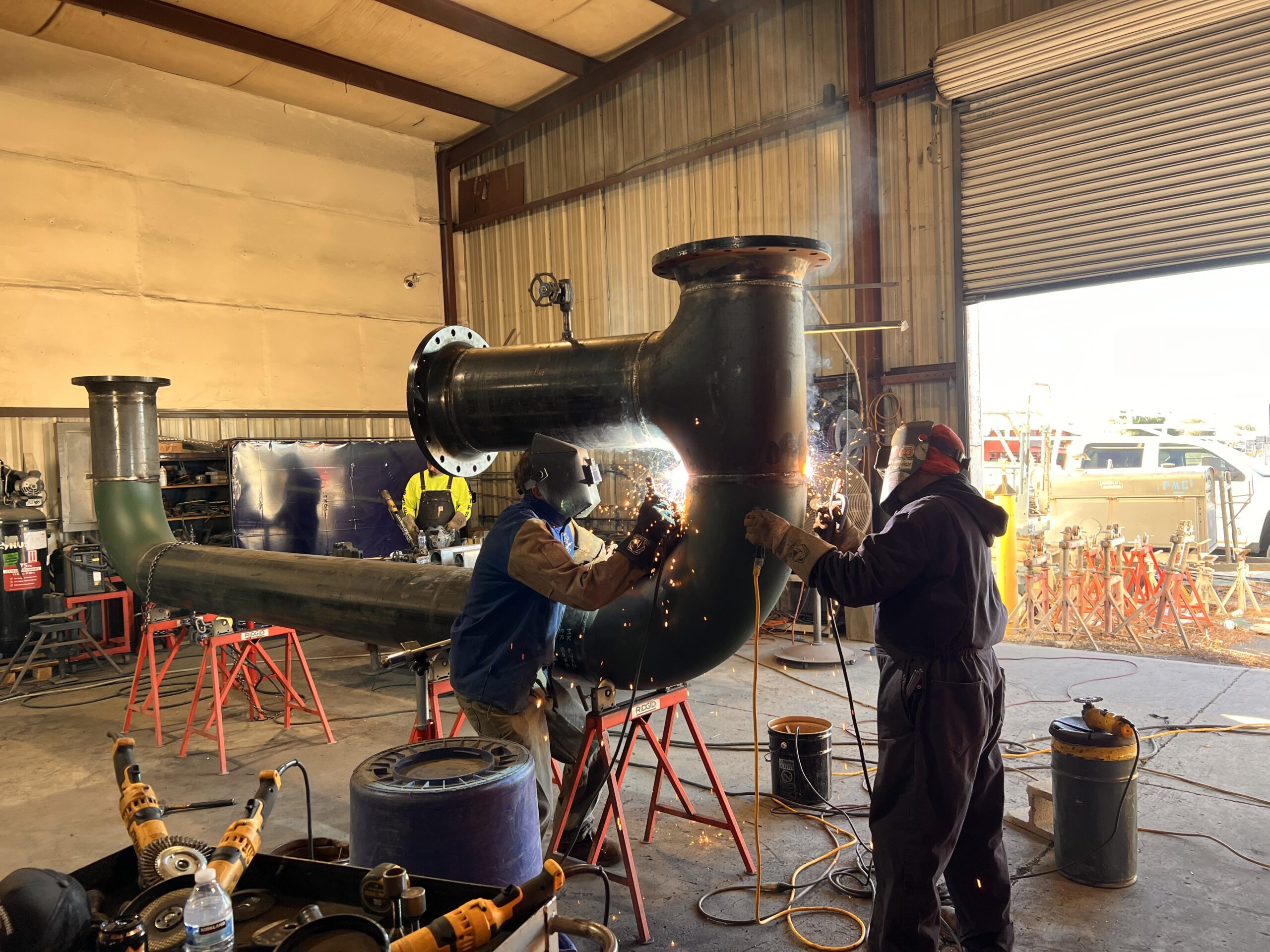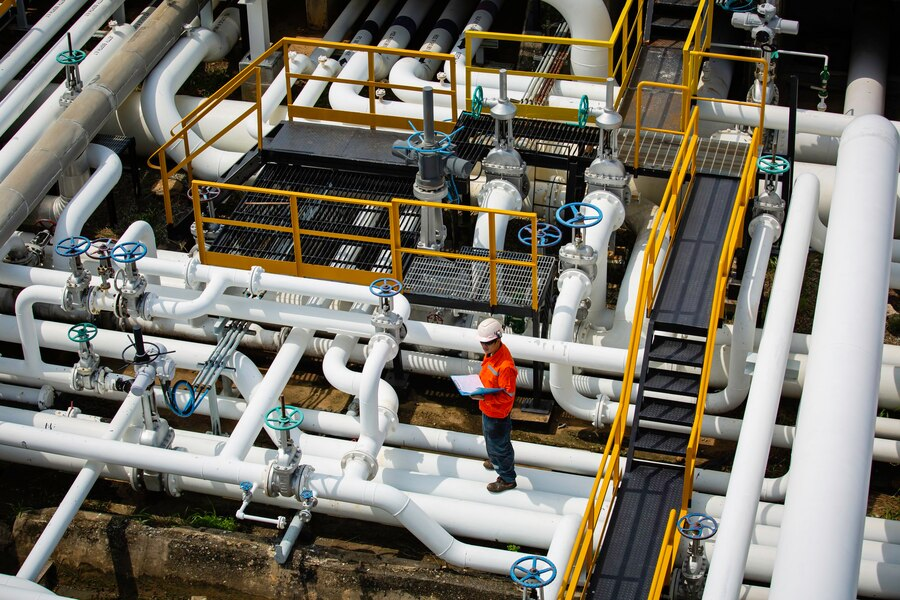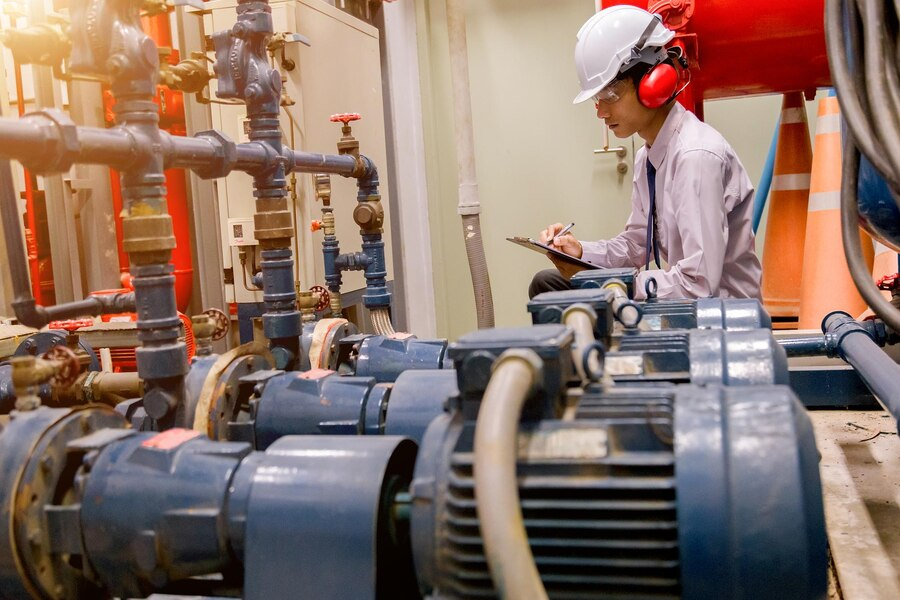One often overlooked yet critical component in achieving these goals is process piping. Process piping plays a pivotal role in various industries, facilitating the smooth and efficient flow of liquids, gasses, and other substances essential for manufacturing processes.
In this blog post, we will explore how process piping can revolutionize industrial operations, focusing on its impact on safety, efficiency, and overall productivity.
Understanding Process Piping
Process piping is a critical component in industrial settings, facilitating the controlled transportation of liquids, gasses, and other substances essential for manufacturing. It involves the design, installation, and maintenance of piping systems that connect various stages of production.
The primary goals of process piping are to enhance safety by minimizing leaks and spills, streamline workflow for operational efficiency, and contribute to environmental sustainability by optimizing resource usage.
Additionally, process piping systems can be designed for flexibility, scalability, and integration with advanced technologies, making them indispensable for adapting to evolving industrial demands while ensuring cost savings and reliability.
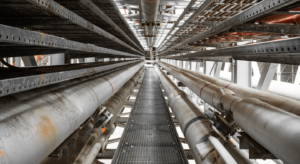
1. Safety Enhancement
Safety is a primary concern in any industrial setting, and process piping contributes significantly to creating a safer work environment. The proper design, installation, and maintenance of process piping systems can prevent accidents, leaks, and other hazardous situations. Here’s how process piping enhances safety in industrial operations:
- Controlled Substance Handling
Process piping systems are designed to handle various substances, from corrosive chemicals to high-pressure gasses. By ensuring the appropriate material selection and corrosion-resistant coatings, process piping minimizes the risk of leaks and spills, thereby reducing the potential for accidents and injuries.
- Reducing Human Intervention
Automated processes through well-designed process piping systems can significantly reduce the need for manual handling of substances. This minimizes the exposure of workers to potentially harmful materials and lowers the risk of accidents caused by human error.
- Emergency Response Planning
Process piping systems often incorporate safety features such as emergency shut-off valves and pressure relief systems. These features enable a quick response to potential emergencies, helping to contain incidents and mitigate their impact on both personnel and equipment.
2. Operational Efficiency
Efficiency is a key driver of success in industrial operations. Process piping, when optimized and well-maintained, contributes to enhanced operational efficiency in several ways:
- Streamlined Workflow
Well-designed process piping layouts enable a more streamlined workflow by connecting various stages of the manufacturing process. This minimizes the need for manual transportation of materials, reducing downtime and improving overall efficiency.
- Temperature and Pressure Control
Process piping systems are instrumental in maintaining precise temperature and pressure conditions required for specific industrial processes. This control not only ensures the quality of the end product but also optimizes energy consumption, contributing to cost savings.
- Resource Optimization
Process piping allows for the efficient utilization of resources by precisely directing the flow of materials. This minimizes waste and ensures that each component in the production process is utilized effectively, leading to cost reduction and increased sustainability.
3. Environmental Impact
In an era where environmental sustainability is a growing concern, process piping can play a vital role in minimizing the environmental impact of industrial operations:

- Waste Reduction
Efficient process piping systems contribute to the reduction of waste by ensuring that materials are used optimally in manufacturing processes. This not only lowers production costs but also aligns with the principles of sustainable and responsible industrial practices.
- Energy Efficiency
Process piping systems can be designed to optimize energy usage by controlling the temperature and pressure of materials. This not only improves operational efficiency but also reduces the overall energy consumption of industrial processes, contributing to a smaller carbon footprint.
- Compliance with Environmental Regulations
Adopting advanced process piping technologies can help industries comply with stringent environmental regulations. By minimizing emissions, leaks, and spills, companies can avoid legal repercussions and demonstrate their commitment to environmental responsibility.
4. Flexibility and Adaptability
In a rapidly evolving industrial landscape, adaptability is crucial for survival. Process piping systems offer the flexibility needed to accommodate changes in production processes, scale operations, and integrate new technologies:
- Modular Design
Many modern process piping systems are designed with modularity in mind. This allows for easier modifications or expansions, enabling industries to adapt to changing production requirements without the need for significant overhauls.
- Integration of Advanced Technologies
Process piping systems can be integrated with advanced technologies such as sensors, automation, and data analytics. This integration provides real-time monitoring and control, allowing industries to optimize processes, identify inefficiencies, and make data-driven decisions for continuous improvement.
- Scalability
Process piping systems are scalable, making it easier for industries to scale their operations up or down as demand fluctuates. This scalability ensures that companies can adjust their production capacity without compromising efficiency or incurring excessive costs.
5. Cost Savings
Cost considerations are paramount in industrial operations, and process piping can contribute significantly to cost savings in the long run:
- Maintenance and Reliability
Well-designed process piping systems are easier to maintain, reducing downtime and maintenance costs. Additionally, their reliability minimizes the risk of unexpected breakdowns, further contributing to overall cost savings.
- Energy Cost Reduction
Optimized process piping systems contribute to energy cost reduction by ensuring efficient temperature and pressure control. This not only lowers operational expenses but also aligns with sustainable practices, which can positively impact a company’s reputation.
- Minimize Material Waste
Efficient process piping minimizes material waste by precisely directing the flow of substances through the production process. This not only reduces raw material costs but also contributes to a more sustainable and environmentally friendly operation.
Conclusion
Process piping is a cornerstone of modern industrial operations, offering a myriad of benefits ranging from safety enhancements and operational efficiency to environmental sustainability and cost savings. As industries continue to evolve, the role of process piping in revolutionizing industrial operations will only become more pronounced.
By investing in well-designed and advanced process piping systems, companies can position themselves for success in a competitive and dynamic market, ensuring the safety of their workforce, optimizing production processes, and contributing to a more sustainable future.
